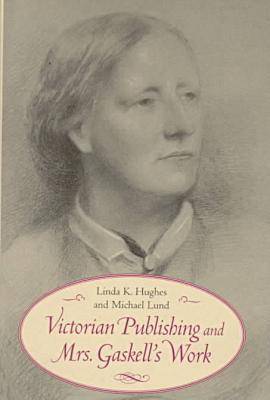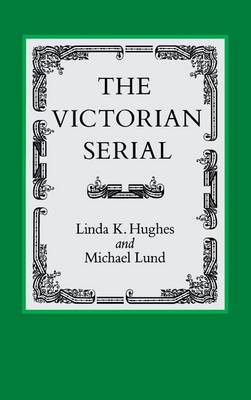Victorian Literature and Culture
2 total works
For much of her own century, Elizabeth Gaskell was recognized as a voice of Victorian convention - the loyal wife, good mother, and respected writer - a reputation that led to her steady decline in the view of twentieth-century literary critics. Recent scholars, however, have begun to recognize that Mrs. Gaskell's high standing in Victorian society allowed her to effect change in conventional ideology. Linda K. Hughes and Michael Lund focus this reevaluation on issues pertaining to the Victorian literary marketplace.
Victorian Publishing and Mrs. Gaskell's Work portrays an elusive and self-aware writer whose refusal to grant authority to a single perspective even while she recirculated the fundamental assumptions and debates of her era enabled her simultaneously to fulfill and deflect the expectations of the literary marketplace. While she wrote for money, producing periodical fiction, major novels, and nonfiction, Mrs. Gaskell was able to maintain a tone of warmth and empathy that allowed her to imagine multiple social and epistemological alternatives. Writing from within the established rubrics of gender, narrative, and publication format, she nevertheless performed important cultural work.
Victorian Publishing and Mrs. Gaskell's Work portrays an elusive and self-aware writer whose refusal to grant authority to a single perspective even while she recirculated the fundamental assumptions and debates of her era enabled her simultaneously to fulfill and deflect the expectations of the literary marketplace. While she wrote for money, producing periodical fiction, major novels, and nonfiction, Mrs. Gaskell was able to maintain a tone of warmth and empathy that allowed her to imagine multiple social and epistemological alternatives. Writing from within the established rubrics of gender, narrative, and publication format, she nevertheless performed important cultural work.
Linda K. Hughes and Michael Lund provide a new approach to the study of installment literature by showing how it embodied a view of life intrinsic to Victorian culture. They examine how the serial format affected the ways Victorian audiences interpreted sixteen major works of poetry and fiction. Their findings show that Victorian interpretations were different from those of twentieth century single-volume readings. Hughes and Lund conclude that in order to understand Victorian literature, we must understand serialization, since it was the vehicle for the best literature of the age. Further, they assert we must understand serialization as a literary form attuned to the fundamental spirit of the age.

